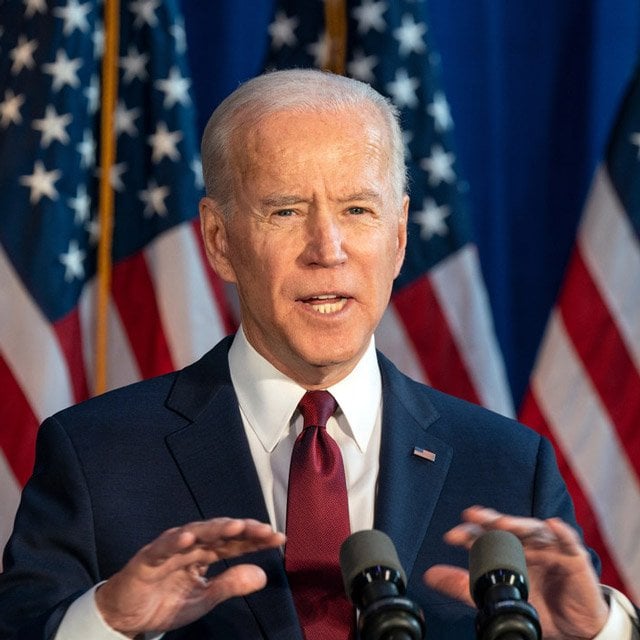Biden Seeks Tougher Penalties on Executives of Failed Banks

What You Need to Know
In late 2022, the Securities and Exchange Commission approved rules requiring corporate executives to pay back bonuses based on mistakes in their businesses’ financial reporting.
A proposal led by Senator Elizabeth Warren and Representative Katie Porter that would strengthen banking regulations which were weakened in a 2018 rollback of the Dodd-Frank rules is gaining support among their fellow Democratic lawmakers.
President Joe Biden urged Congress to approve measures enacting tougher punishments on banking executives if mismanagement contributed to their institutions failing, following the recent collapse of three regional banks.
“I’m firmly committed to accountability for those responsible for this mess. No one is above the law — and strengthening accountability is an important deterrent to prevent mismanagement in the future,” Biden said in a statement on Friday. “Congress must act to impose tougher penalties for senior bank executives whose mismanagement contributed to their institutions failing.”
The failures of Silvergate Capital Corp., Silicon Valley Bank and Signature Bank have raised fresh concerns about the U.S. financial system, rattling markets in recent days, along with worries about the health of Credit Suisse Group AG in Europe.
Biden said laws on the books currently limit the administration’s ability to hold executives accountable.
“When banks fail due to mismanagement and excessive risk taking, it should be easier for regulators to claw back compensation from executives, to impose civil penalties, and to ban executives from working in the banking industry again,” he said.
The Biden administration has moved to shore up confidence in the nation’s banks, with the Federal Reserve offering them a new backstop. Banks have borrowed a combined $164.8 billion from two Federal Reserve backstop facilities in the most recent week.
The U.S. Treasury and the Federal Deposit Insurance Corp. have also intervened to protect all depositors of both SVB and Signature.
Companies often have their own policies around recovering executives’ pay, and most large public companies have adopted clawback policies which typically cover cases of misconduct or fraud, according to law firm Davis Polk. Still, executive compensation experts have criticized such policies because they are difficult to enforce.
In late 2022, the Securities and Exchange Commission approved rules requiring corporate executives to pay back bonuses based on mistakes in their businesses’ financial reporting. The long-delayed regulation was required by the 2010 Dodd-Frank Act.
Still, there’s a lag between the adoption of the rule and when those rules will go into effect because of bureaucratic steps that need to take place. Companies will likely be required to implement clawback policies by the end of 2023 or early 2024, according to Davis Polk.
Warren Proposal
Democrats have pointed to what they say has been lax oversight of the nation’s banks as the cause of the current crisis.




